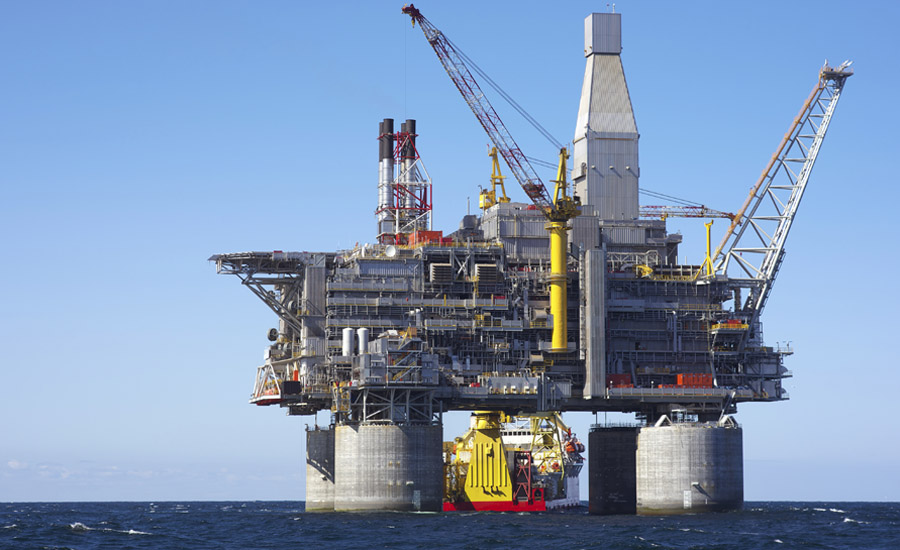Bolts are failing on undersea equipment used in offshore drilling and the industry need to find a solution “sooner rather than later,” according to Brian Salerno, director of the Bureau of Safety and Environmental Enforcement.
“We need to have the root cause before we dictate a solution,” he said at a news conference. “It’s in nobody’s interest to have a catastrophic failure.”
The government urgency on a problem that stretches back a decade is a result of greater awareness about the growing frequency of broken bolts that hold together critical equipment like blowout preventers.
General Electric Oil & Gas, one of three primary suppliers, issued a global recall after its bolts on a piece of undersea equipment in the Gulf of Mexico failed in 2012, releasing more than 400 barrels of drilling fluid into the water.
That incident was reported to the government but many more were not, federal officials say, masking the extent of the problem. That will change with new rules put into place by the safety bureau this year that require the reporting of equipment failure regardless of whether pollution or worker injury occurred.
The offshore drilling industry had discussed possibly replacing all the bolts in question in the Gulf over a period of years. But those discussions have ended pending a better understanding of the problem, Salerno said.
Within the bureau, which was created after BP’s Deepwater Horizon spill in 2010, the belief is that before any action is taken engineers must first figure out what is causing the bolts to fail. Possibilities include flaws in the fabrication process or simple overtightening of bolts during installation in the field.
Bureau officials have drawn in scientists from government agencies including the National Institute of Standards and Technology and the Nuclear Regulatory Commission to sit on a task force.The bureau in August staged a forum in Washington with speakers from inside and outside the agency, to present what they know so far.
Those discussions have opened the possibility that the bolt failures on undersea oil and gas equipment might extend to facilities on land.
“There are some indications that the problem may manifest itself in other industries,” Salerno said. “Pipelines for instance onshore potentially could be affected if the issues are related to torquing or stress corrosion, things like that.”
Source: Fuel Fix http://fuelfix.com


